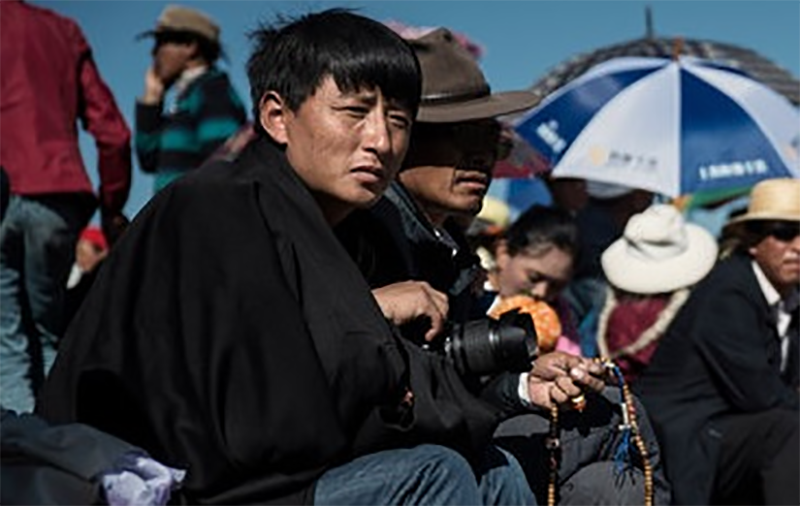Geneva, Switzerland — The European Union and Germany raised the human rights situation in Tibet during the ongoing 38th Session of the UN Human Rights Council in Geneva, Switzerland and reiterated their calls for the release of Tashi Wangchuk, the Tibetan language rights advocate who was sentenced to five years earlier this month.
On Wednesday, during the procession of general debate under “Item 4: Human right situations that require the Council’s attention,” the delegates from Germany and the EU tabled their concerns of human rights violations by China and the “massive infringements on the freedoms of religion, expression and association, and the right to a fair trial.”
According to the ICT-Germany, the EU reiterated “its call for China to abide by its international obligations and respect freedom of religion or belief and expression and the rights of persons belonging to ethnic minorities.” Expressing concern over detentions and trials of human rights defenders and lawyers, including Tibetan language rights advocate Tashi Wangchuk, the EU urged China to release “all detained human rights defender and to thoroughly investigate reported cases of mistreatment and torture while in detention.”
Reinforcing its call for human rights defenders’ freedom, German delegate urged China “to close all re-education camps, to immediately release all human rights defenders” including Tashi Wangchuk, “and to fully cooperate with the UN Special Procedures.”
Both Germany and EU has continuously remained apprehensive over Tashi Wangchuk’s case since his arbitrary detention and repeatedly pressed China on Tibet’s human rights situation.
Germany delegate also shared their concerns about “China’s deteriorating human rights situation, in particular concerning the Uyghurs, and other Muslim minorities, facing widespread discrimination and detention, as well as other ethnic and religious minorities, including Tibetans.”
Wangchuk, 30, is from Yushu in eastern Tibet. He was arrested after asking China’s authorities to ensure that the Tibetan language is taught throughout Tibet. China’s own constitution guarantees that Tibetans have the right to use and develop their own languages. He pursued his peaceful campaign through official channels and repeatedly maintained that his actions were not political. It is likely he is being punished because he had the courage to work with the New York Times to highlight threats to Tibetan culture, despite the risk he would be arrested.


![Tibet has a rich history as a sovereign nation until the 1950s when it was invaded by China. [Photo: File]](/images/stories/Pics-2024/March/Tibet-Nation-1940s.jpg#joomlaImage://local-images/stories/Pics-2024/March/Tibet-Nation-1940s.jpg?width=1489&height=878)


















